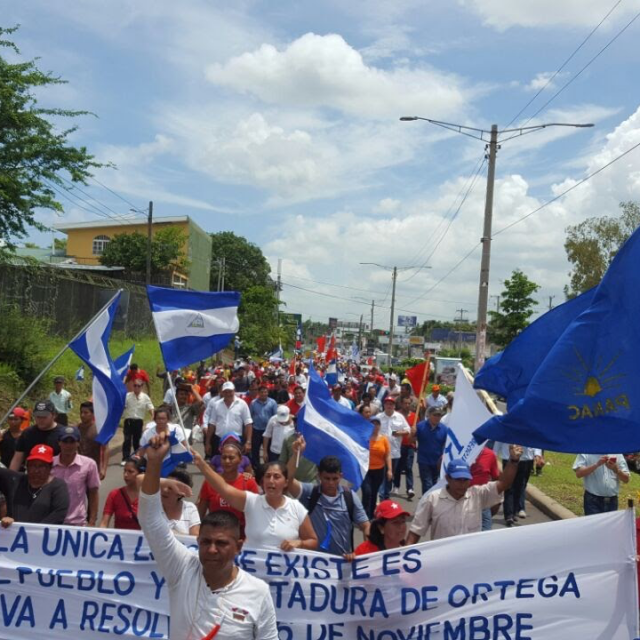Photo by Joel & Jasmin Førestbird on Unsplash
Member states have appointed a new European prosecutor to the European Public Prosecutor’s Office.
Miranda de Meijer will serve a term for a non-renewable period of six years which will start on 1 November.
This appointment takes place in the context of the partial renewal of the EPPO College.
As part of the transitional rules for the first term of office following the creation of the EPPO the European prosecutors from one third of the member states, determined by drawing lots, were to hold a three year non-renewable mandate in order to stagger the renewal of the EPPO College.
This was the case for the prosecutors from Austria, Cyprus, Greece, Italy, Lithuania, the Netherlands, Portugal and Spain.
Seven European prosecutors were appointed on 27 June and 20 July already. With this decision the Council completes the appointment process of the eight European prosecutors involved in the partial replacement of the EPPO College.
European prosecutors supervise investigations and prosecutions and, together with the European Chief Prosecutor, form the EPPO College. They are appointed for a non-renewable term of six years.
The Council may decide to extend their term for a maximum of three years at the end of this period.
Each member state nominates candidates for the position of European prosecutor.
These must be candidates who are active members of the public prosecution service or judiciary of their member state, whose independence is beyond doubt and who possess the qualifications required for appointment to high prosecutorial or judicial office in their member state.
They must have relevant practical experience of national legal systems, of financial investigations and of international judicial cooperation in criminal matters.
Following the nomination phase, a selection panel draws up reasoned opinions and ranks the nominated candidates for each member state who fulfilled the conditions. The Council then selects and appoints one of the candidates to be the European prosecutor for their member state.




